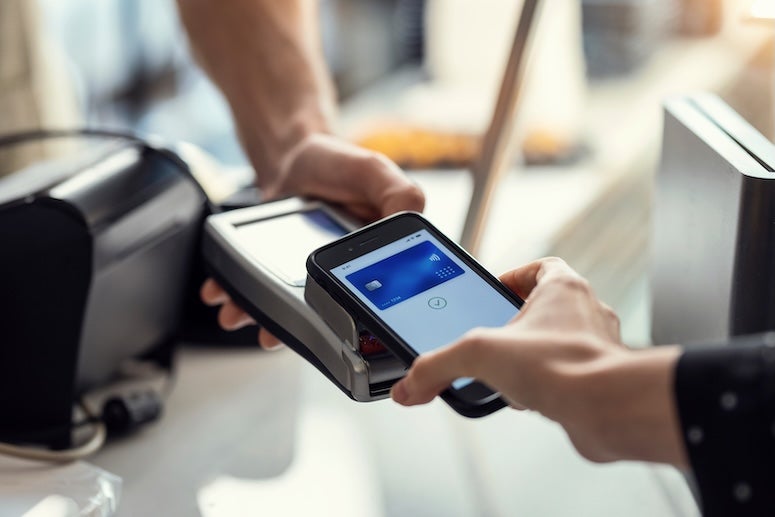A report from Rice University’s Kinder Institute for Urban Research highlights critical gaps in banking access, retirement savings and financial literacy across the Houston area — issues gaining national attention this April during National Financial Literacy Month.
This information comes amid growing financial pressure for many Americans. Rising costs on everyday goods, uncertainty in the stock market and economic ripple effects from new federal tariffs have made personal financial decision-making more complex.

The findings are based on responses collected through the Greater Houston Community Panel, a recurring survey that polled 5,000 Harris County residents in late 2024.
“Houston-area residents are using a variety of financial tools to juggle everyday costs as well as long-term savings goals,” said Dan Potter, director of the Kinder Institute’s Houston Population Research Center, which oversees the Greater Houston Community Panel.
The report offers a timely snapshot of how residents across Houston and Harris County are navigating money matters, often without access to banks, savings tools or professional financial advice.
Key findings include:
-
One in 6 Harris County residents does not have a checking or savings account. In 8 of 30 Harris County neighborhood areas studied, more than 25% of residents are unbanked.
-
Nearly 60% of residents do not have a retirement savings account such as a 401(k) or IRA.
-
More than 65% used peer-to-peer payment apps like Cash App or Venmo in the past year.
-
Twenty-six percent used buy-now, pay-later programs to purchase everyday items such as groceries, clothing or electronics.
-
Among buy-now, pay-later users, more than 20% said they missed at least one payment.
-
When seeking financial advice, friends and family were the top source (55%) followed by internet searches (37%) and financial professionals (30%).
The findings build on earlier research showing that only 34% of Harris County residents consider themselves financially secure. Researchers say they hope the new data will help inform local policies, nonprofit programs and community partnerships aimed at expanding financial access and literacy.
“We are now getting clear data about the state of Houston area’s financial security and literacy, which are huge predictors of well-being,” Potter said. “It’s now much more possible for local agencies to craft targeted solutions to help people build a better foundation and a better future for themselves.”
The survey data snapshot is available on the Kinder Institute website.
For more information or to request an interview, please contact Kat Cosley Trigg, media relations specialist at Rice, at 713-348-6781 or kat.cosley.trigg@rice.edu.

